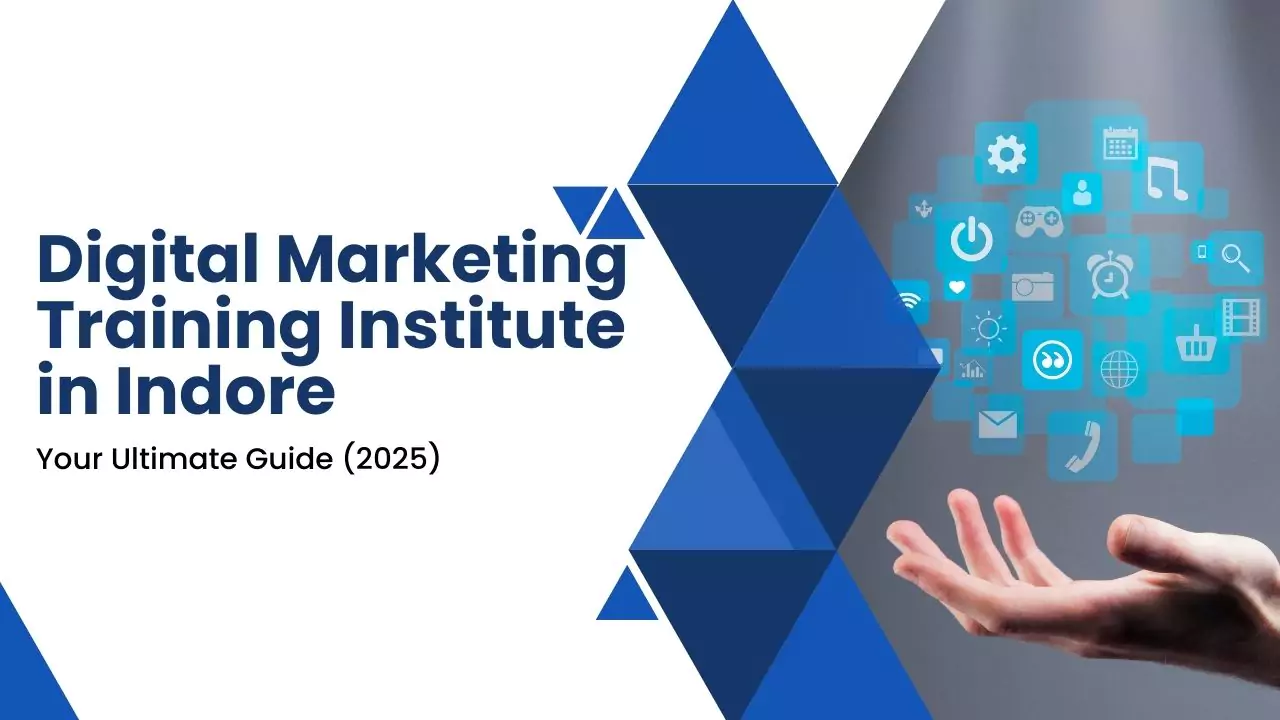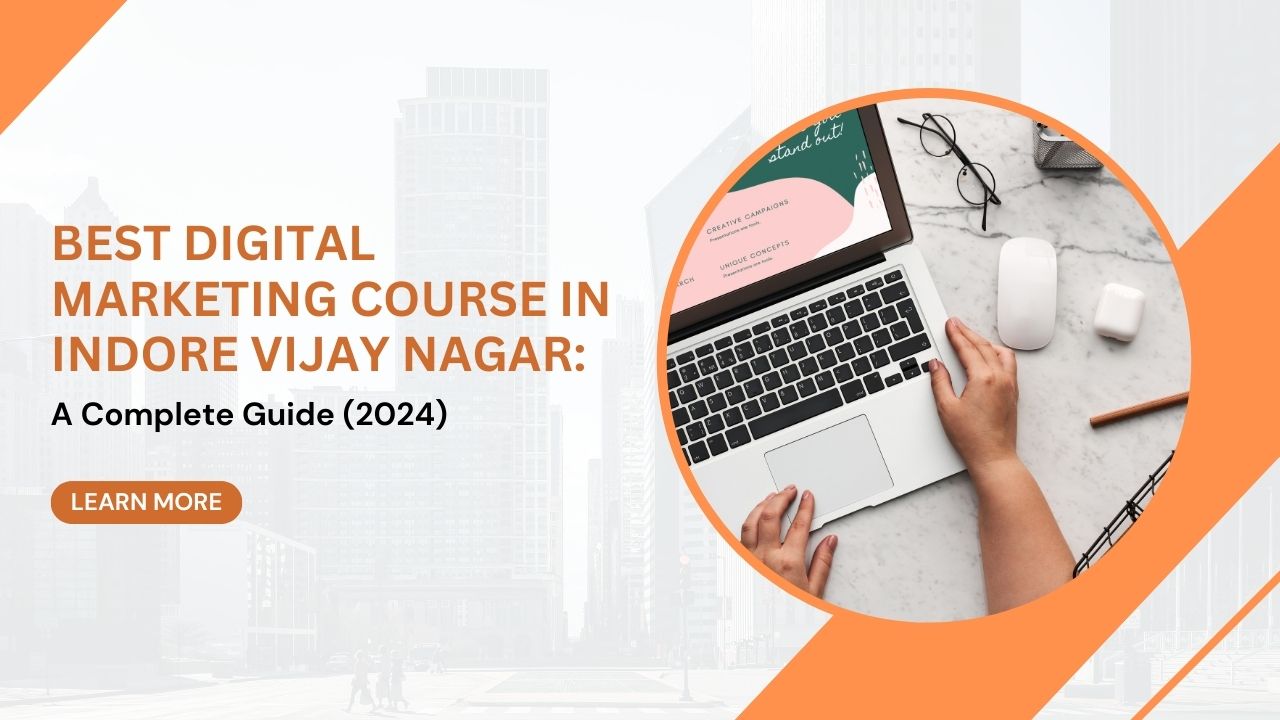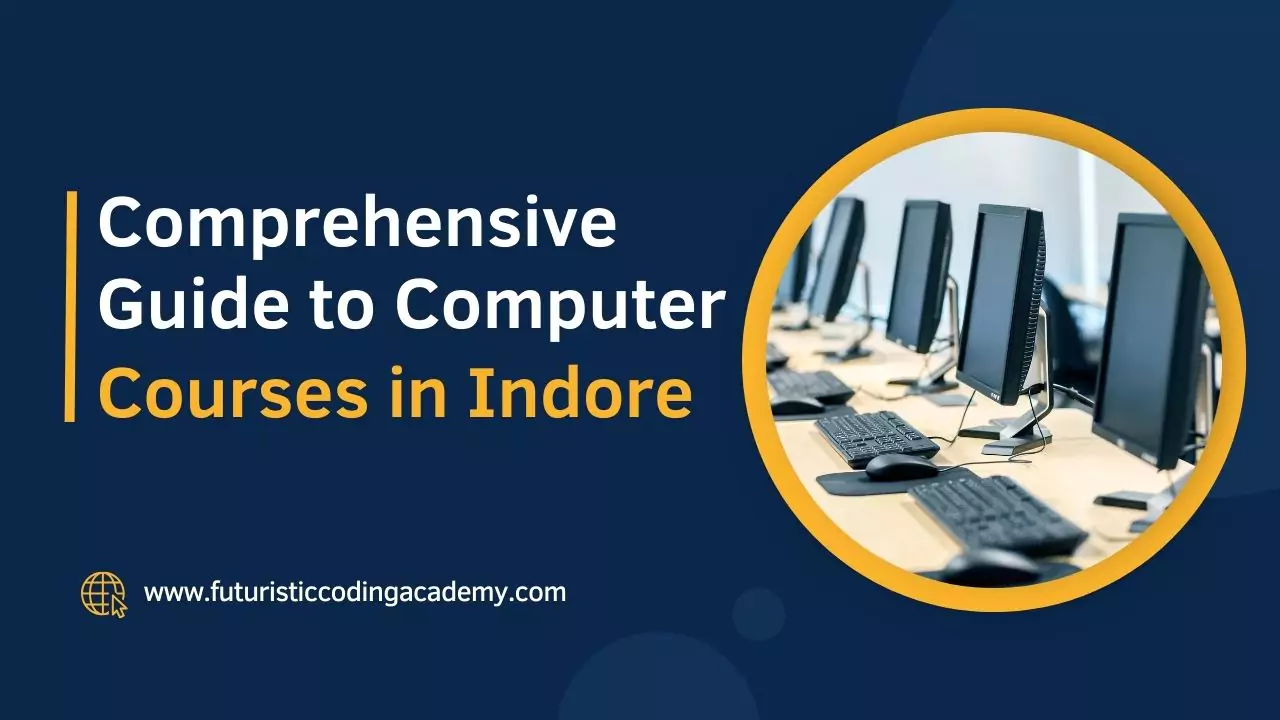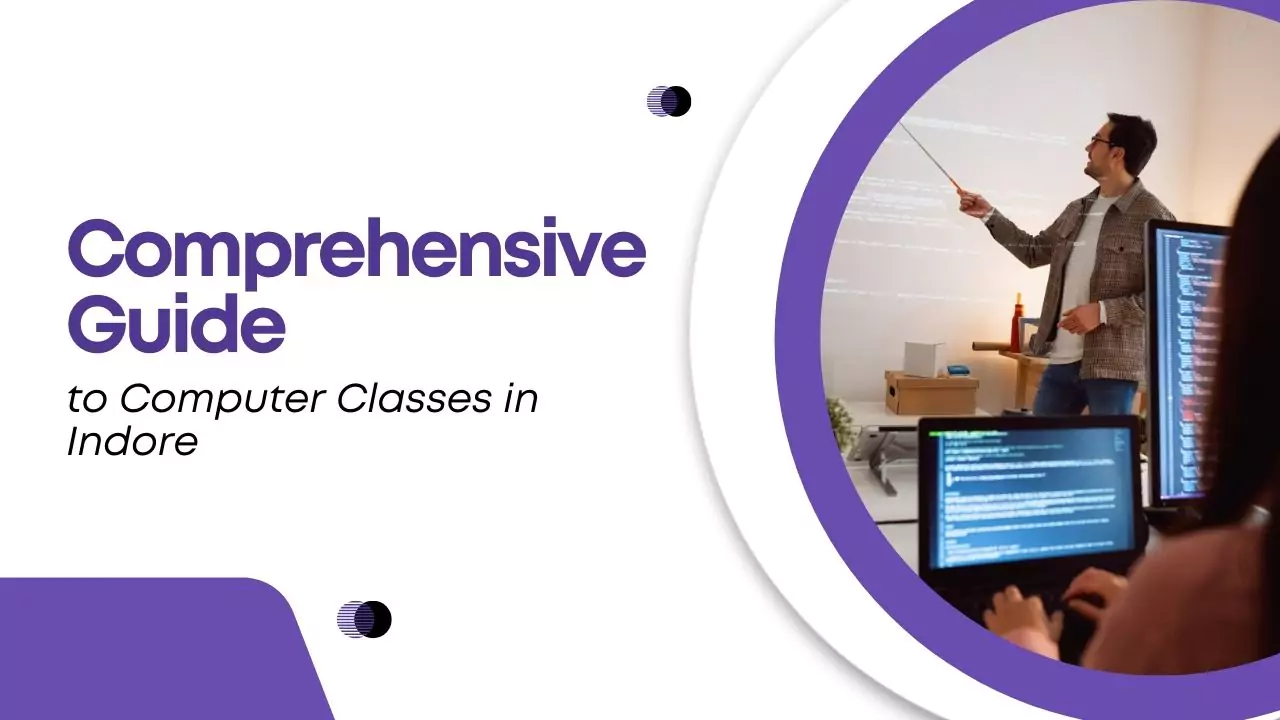The role of a .NET Full Stack Developer is highly sought after in the tech industry. With expertise in both front-end and back-end technologies, these professionals are versatile and can build comprehensive applications. In this blog, we’ll explore everything you need to know about becoming a .NET Full Stack Developer, from essential skills to career opportunities.
Why Choose a .NET Full Stack Developer Course?
Choosing to become a .NET Full Stack Developer opens the door to numerous benefits:
- High Demand in the IT Industry: The tech sector is continuously evolving, with .NET full stack developers being among the most in-demand professionals. In fact, the demand for full stack developers has grown by over 35% in recent years, according to reports by LinkedIn.
- Comprehensive Skill Set: As a full stack developer, you’ll master both front-end technologies (like HTML, CSS, and JavaScript) and back-end tools (like C# and ASP.NET), making you a versatile asset in any development team.
- Career Flexibility: With a diverse skill set, you can work in various roles, from web development to software engineering. This flexibility allows you to adapt to different job requirements and industries.
Ready to start your journey? Check out our full stack developer syllabus to learn more about our course offerings.

Essential Skills and Technologies for .NET Full Stack Developers
To become a proficient .NET Full Stack Developer, you need to master the following key skills:
Front-End Technologies
- HTML, CSS, JavaScript: These are the foundational building blocks of web development. HTML structures your content, CSS styles it, and JavaScript adds interactivity.
- Bootstrap: This popular CSS framework enables responsive web design, ensuring your applications look great on any device.
Back-End Technologies
- C#, ASP.NET, ADO.NET: C# is the primary language used in .NET development, while ASP.NET allows you to create dynamic web applications. ADO.NET facilitates database connectivity.
- Entity Framework: A powerful Object-Relational Mapping (ORM) tool that helps you work with databases using .NET objects.
Database Management
- SQL Server: A must-have skill for full stack developers to manage and interact with databases efficiently.
Explore more about the essential full stack developer skills on our website.
Syllabus Overview of a .NET Full Stack Developer Course
At Futuristic Coding Academy, our .NET Full Stack Developer course covers a comprehensive syllabus to provide you with a well-rounded education:
Front-End Module
- Basics of HTML, CSS, and JavaScript.
- Advanced CSS techniques and Bootstrap integration for responsive design.
Back-End Module
- Introduction to C#, ASP.NET, and building Web Forms.
- Understanding MVC architecture, routing, and REST APIs.
Database Module
- Working with SQL Server, ADO.NET, and database management.
- Implementing CRUD operations and database connectivity in web applications.
Advanced Concepts
- Building RESTful APIs, integrating third-party services, and enhancing security measures.
Hands-on Projects
- Develop real-world applications using the .NET stack to gain practical experience.
For a detailed syllabus breakdown, visit our full stack developer course page.

Career Path for .NET Full Stack Developers
A career as a .NET Full Stack Developer offers multiple paths and growth opportunities:
- Job Roles: Upon completing the course, you can explore roles like Full Stack Developer, Software Engineer, Web Developer, and more.
- Salaries in India: According to PayScale, the average salary for a .NET Full Stack Developer in India ranges from ₹4-8 lakhs per annum, with senior developers earning even higher.
- Future Prospects: With technologies like .NET Core and cloud integration (Azure), the future for .NET developers looks promising.
Training and Placement Support at Futuristic Coding Academy
At Futuristic Coding Academy, we are committed to ensuring our students’ success:
Hands-on Training and Real-Time Projects
- Learn through real-world projects that simulate actual industry scenarios, enhancing both your knowledge and portfolio.
Placement Assistance
- We provide mock interviews, resume building, and placement support to help you land your dream job in the IT industry.
Lifetime Learning
- Access our alumni network, job updates, and additional learning materials to keep your skills sharp.
Discover how we can help you kickstart your career in full stack development.

Conclusion: Take the First Step Toward Becoming a .NET Full Stack Developer
Becoming a .NET Full Stack Developer opens up a world of opportunities. At Futuristic Coding Academy, we offer a comprehensive curriculum, hands-on training, and placement support to help you succeed in your tech career. Ready to start your journey? Get in touch with us today!
Additional Resources
- Explore Our Other Blogs: Java Full Stack Developer Roadmap
- Learn about the latest trends in .NET development on Microsoft’s Official Documentation.
Additional Resources
Q1: How long does it take to become a .NET Full Stack Developer?
The duration depends on your learning pace. Our full-time course at Futuristic Coding Academy takes approximately 6 months to complete.
Q2: What are the prerequisites for learning .NET Full Stack?
Basic knowledge of HTML, CSS, and programming fundamentals is recommended.
Q3: Is .NET Full Stack Development suitable for beginners?
Yes, it’s beginner-friendly. Our course starts with fundamental concepts, gradually progressing to advanced topics.
Q4: What is the difference between .NET Full Stack and other full stack technologies?
.NET Full Stack development primarily revolves around Microsoft technologies like C#, ASP.NET, and SQL Server, making it suitable for building robust, enterprise-grade applications.






